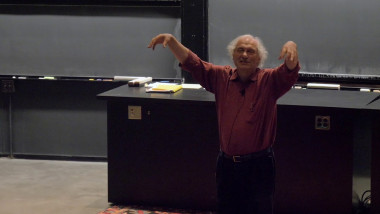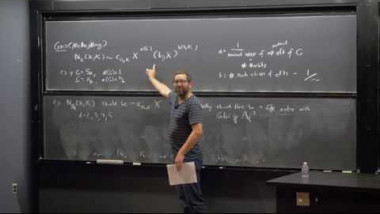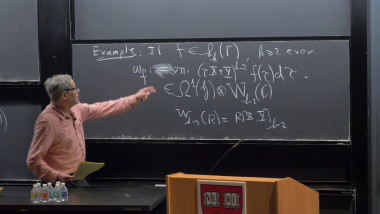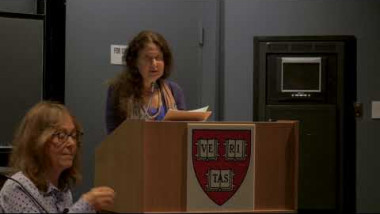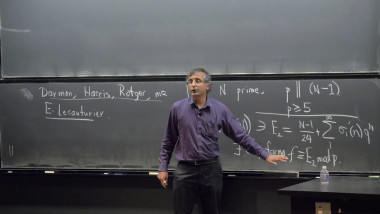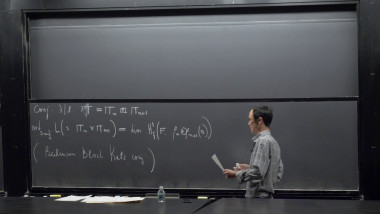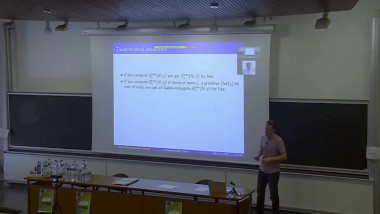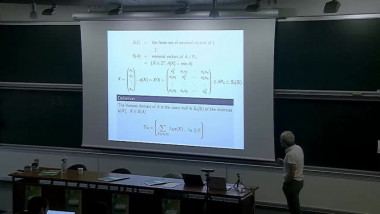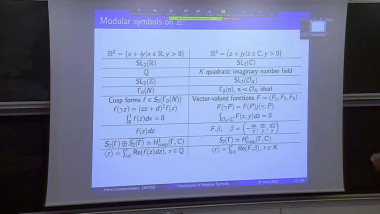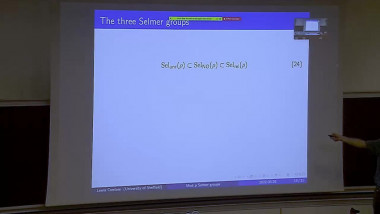Heights on Stacks
When I was Barry’s student, one thing I learned from him was that Diophantine problems were often not problems about rational points on varieties, but about rational points on stacks. At the time we were talking about generalized Fermat equations, but the point of view is much more general; for instance, a number field with Galois group G can be thought of as a rational point on the classifying stack BG. Two popular questions in number theory are: 1. How many degree-d number fields are there with discriminant at most X? 2. How many rational points are there on a cubic surface with height at most X? Our expectations about the first question are governed by Malle’s conjecture; about the second, by the Batyrev-Manin conjecture. The forms of the conjectures are very similar, predicting in both cases an asymptotic of the form c X^a (log X)^b, and this is no coincidence: in light of the above description, both are questions about rational points on a stack, and both questions should be asking us to count rational points of height at most X. A serious obstacle is that there is no definition of the height of a rational point on a stack. The main point of this talk is to propose a definition and try to convince you it’s the right one. If there’s time, I’ll also argue that when we talk about heights with respect to a line bundle we have always secretly meant “vector bundle,” or should have. (Joint work with Matt Satriano and David Zureick-Brown).












